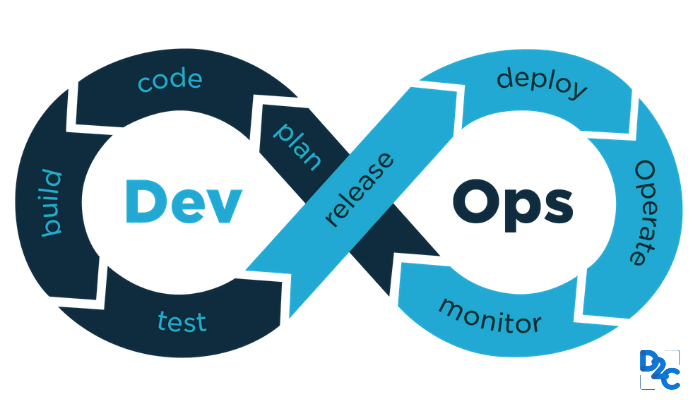How and why to pursue a career in DevOps

At the advent of the technological era, many companies and organizations were faster than others to begin their journey on digital platforms. The pandemic induced lockdown has given rise to the second wave of technology reforms for business and has proved without a doubt the need for automation. Today, most companies do a major chunk of their operations through digitized means and automation. Artificial intelligence, digital aids, IT are crucial for performance.
This shift of platform in the business world has resulted in a demand for individuals with a strong technical suit. A workforce that has digital skills in both existing, and upcoming technologies. Professionals who are proficient in the tools of tomorrow are required to operate the digital face of organizations.
DevOps is one such strategic concept that is used to enhance the use of IT that has an impact on the services provided by an organization. DevOps is a method that combines tools, practices and uses them to increase an organization’s ability to deliver services at a much faster pace, and organizations with traditional software development processes.
How does DevOps work?
DevOps, in simple words, helps to improve the overall efficiency of any program. It gives developers more control over the creation of any product. Most tech companies use it because it gives a far better production infrastructure than other methods.
This is precisely why a future in DevOps would mean a career that will be challenging, but equally rewarding. Most businesses are already utilizing DevOps services, and hence, recruiting more and more DevOps engineers.
And these organizations are not deploying DevOp practices just to jump onto the bandwagon. According to studies, organizations that adopt DevOps, have over 60% improvement in their software development cycles.
The DevOps market has already proven to grow faster than any other field in the software development sector. Owing to its realistic and practical methods, it is not very far from replacing traditional software development procedures.
What does a DevOps engineer do?
DevOps engineers work towards simplifying and bringing automation to the integration process of IT functions. They work alongside IT developers and facilitate the development process with their technical knowledge.
Skills you need to get into DevOps
- Programming knowledge -
Professionals in the DevOps field have to guarantee that the operations move forward without facing any glitches. Learning and having expertise in coding languages such as Java, NodeJS, Python, Ruby can prove to be immensely useful. - CI/CD -
Continuous integration (CI) and Continuous Delivery (CD) are crucial to DevOps practices. CI is important because it takes elements from independent developers and combines them into a cache. CD is used for nullifying discrepancies that can occur at the several stages of the deployment processes. - System administration -
This skill is quite simply, administration of the software. It involves everything from building and testing the software, to regularly checking for and removing bugs in the finished product. System administrators have the highest responsibility as they are in charge of the system’s overall health. The skillset for system administration in DevOps helps professionals while making decisions that would lead to automation. - Network and storage -
As a DevOps engineer, you will be handling a lot of responsibilities related to storage and network servers. That will require knowledge about systems, servers, and storage. Hence it is important to have knowledge about the process involved in their management and functions.
Certification in DevOps
A certification in DevOps allows you to level up the aforementioned skills. It will help with staying up to date with the latest trends and demonstrate your expertise right from your CV. Certifications and courses always have a positive effect, no matter what field you work in. It also shows how committed you are to the field, along with teaching you how to streamline your skills.
That being said, here are some DevOps Certifications you can try:
- Docker Certified Associate Certification
- AWS Certified DevOps Engineer Certification
- Microsoft Azure DevOps Engineer Expert
- Udacity nano-degree program: Cloud DevOps Engineer
- Google cloud platform: Professional Cloud DevOps Engineer
Certifications can really give you a head start over other applicants and increase your chances of getting hired as a DevOps engineer.
Career prospects and salaries
The DevOps market size keeps increasing every day. As organizations try and transform their digital presence, they are looking for professionals to take charge of digitization. As a result, more and more DevOps engineers are being hired.
Individuals trained in DevOps have many career options such as:
- DevOps leader
- Automation Architect
- Code release manager
- Software developer/tester
- Security Engineer
DevOps is a growing technology. Therefore, in the coming times, it will only rise. As many stages of software development will depend on it, professionals will begin to gravitate towards it.
It is best to begin your journey as a DevOps professional with a course that teaches you the basics of DevOps. The best way to rise in this industry is to keep learning and adapting yourself to new technologies.
Found this article useful? Here are some others that you may find interesting:
Login to continue reading
And access exclusive content, personalized recommendations, and career-boosting opportunities.














Comments
Add comment